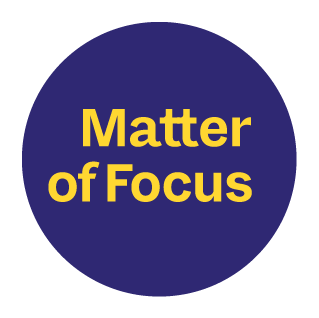In this webinar we focus on the work of the Welsh DEEP (Developing Evidence Enriched Practice) programme, which has been using OutNav for the past three years to evaluate the impact of its work.
- How can you ensure your programme is delivered according to its principles?
- How can you know if your work is making a difference to policy and practice?
These are questions that the DEEP team has explored over the past three years.
Matter of Focus Director Ailsa Cook is joined in this Evaluation Stories webinar by the DEEP team’s Research Development Officer Dr Gill Toms to share their insights.
You will learn how the DEEP programme embedded an outcome focused approach to evaluation into their work, generating valuable insights into how such evidence to action projects can make a difference.
Please watch the recording if you are interest in:
- Health and social care improvement
- Making good use of evidence from experience
- Evaluation approaches
- Evidence to action
About DEEP
The pioneering DEEP programme is a collaboration between the Universities of Swansea and Bangor. It is funded by Welsh Government through Health and Care Research Wales.
The aim of DEEP is to ensure that social care research and practice is informed through multiple forms of evidence to improve the lives of social care staff, people accessing social care and their families. DEEP has a strong focus on relational ways of learning and working together using stories and caring, reflective dialogue. The programme includes five key elements:
- Creating an enriched environment of care and learning
- Valuing and using a range of evidence
- Gathering and presenting evidence in meaningful formats
- Effectively talking and thinking together
- Recognising and addressing structural obstacles
Read more about this work

Gill Toms, Fiona Verity and Nick Andrews et al. Going DEEP: an evaluation of a social pedagogy-informed approach to evidence-enriched practice in social care. IJSP. 2024. Vol. 13(1). DOI: 10.14324/111.444.ijsp.2024.v13.x.001
